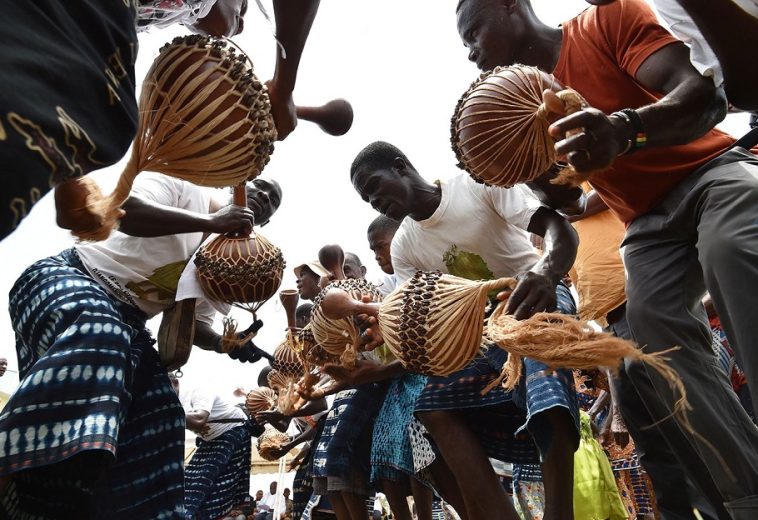Africa is at the forefront of global conservation efforts, taking bold steps to protect its biodiversity and restore threatened ecosystems. Despite significant challenges such as habitat loss, climate change, and human encroachment, the continent is witnessing a remarkable resurgence in efforts to conserve and restore endangered species.
Data from Nineplanets reveal that Earth’s surface spans approximately 197 million square miles (510 million square kilometres), with 71% covered by water and 29% by land. Water composition is dominated by saltwater, which accounts for 97% of the total, while the remaining 3% is freshwater. However, a significant portion of this 3% is frozen in ice sheets and glaciers, leaving less than 1% of freshwater available in lakes, rivers, and underground sources.
Leadership in Conservation Efforts
Kenya has set a commendable example in conservation, particularly with its commitment to protecting elephant populations. The country has enacted stringent anti-poaching laws and established a network of wildlife corridors to ensure safe migration routes for animals. This concerted approach has led to a notable reduction in poaching incidents and a gradual, yet encouraging, increase in elephant populations.
In Rwanda and Uganda, the conservation of mountain gorillas in the Virunga Massif stands as a testament to successful cross-border collaboration. These efforts have not only bolstered gorilla populations, which have increased from around 620 in 2008 to over 1,000 today, but have also transformed gorilla tourism into a vital source of revenue for local communities.
Dr Richard Leakey, a renowned Kenyan paleoanthropologist and conservationist, has long been a vocal advocate for these efforts. He remarked, “Africa’s wildlife is under relentless threat, but the efforts we are making today, if sustained, will ensure that future generations can also experience the majesty of these creatures. We cannot afford to lose our natural heritage.”
Restoration Initiatives
Several restoration initiatives are underway to combat environmental degradation. The Great Green Wall initiative, spanning across 11 countries in the Sahel region, aims to restore 100 million hectares of degraded land by 2030. This ambitious project seeks to combat desertification, enhance food security, and support biodiversity. As of 2021, over 18 million hectares of land have been restored, providing habitats for various species and improving the resilience of local ecosystems.
In Niger, focused efforts to restore giraffe populations have yielded remarkable results. Once on the brink of extinction, with only 50 individuals left in 1996, the giraffe population has surged to over 730 today, thanks to dedicated conservation initiatives.
Challenges and the Way Forward
Despite recorded progress, Africa’s wildlife still faces significant challenges. Climate change is disrupting habitats, making it increasingly difficult for species to thrive, while human-wildlife conflict is a major concern as human populations grow and encroach on natural habitats.
To overcome these hurdles, African leaders must continue to prioritise biodiversity in their development agendas, implementing measures such as expanding protected areas, enforcing anti-poaching laws, and integrating biodiversity conservation into broader economic and social policies. International cooperation and support will also be essential in providing the necessary resources and expertise to ensure the long-term success of these efforts.
While Africa’s biodiversity is at risk, the continent’s leaders and communities are demonstrating resilience and innovation in the face of these challenges. By scaling up successful initiatives and fostering greater international cooperation, there is hope for reversing the trend of species extinction and securing a future where Africa’s rich natural heritage is preserved for generations to come.




